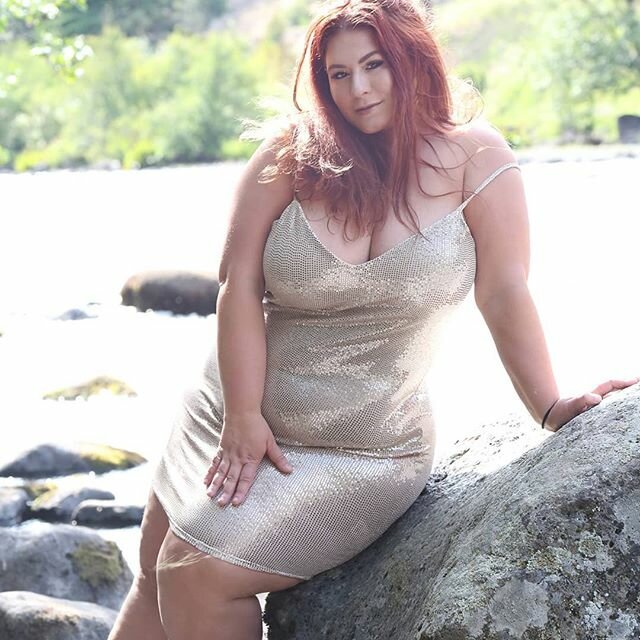
The Russian language is mighty and great, but only when you turn to the opposite sex still difficulties arise.

What is the best way to say: a girl or a woman?
It is a well-known fact that such formulations as “young lady”, “lady”, “lady” are already outdated.
And it turns out that the modern Russian language leaves no other way to address the opposite sex by gender - woman, man.
When do we speak a woman?
One involuntarily wonders if women are offended when they turn to them “woman”?
But just think, you ride the bus, and you need to ask “someone's mom” to move. You will not shout to her: “Hey you”, “Young mother”, “Middle-aged lady” .... move over. No, you will most likely tell her - “woman”.

But what if she is offended? “What kind of woman am I to you,” one can sometimes hear. Yes, perhaps the woman next to you is still “young”, but alas, the Russian does not provide for the possibility of addressing her in a different way.
We are used to the fact that you can turn to a middle-aged lady or an elderly woman.
When do we speak girl?
In practice, I often come across a situation where a “girl” refers even to adult women.
But the word itself seems to imply that it should be a young girl, no longer a teenager, but also not someone's mother.
Sometimes men want, as it were, to compliment and call women over 50 - girls. In my opinion, this is indecent. Even if this lady is unmarried, the word “girl” obviously does not stick to her.

What is it? If you think about it, still we focus on age when choosing the right word - “girl” or “woman”. And some people do not see the difference between the two words at all.
Is there an alternative?
In order not to get into an awkward situation next time, you can simply contact “you”: «could you move in, "" could you give my mother and child a place, "" please open the window. "
And it’s not necessary to poke a person every time: “girl”, “woman”. And this is in the best case, which you just can’t hear in our country in public places.



























